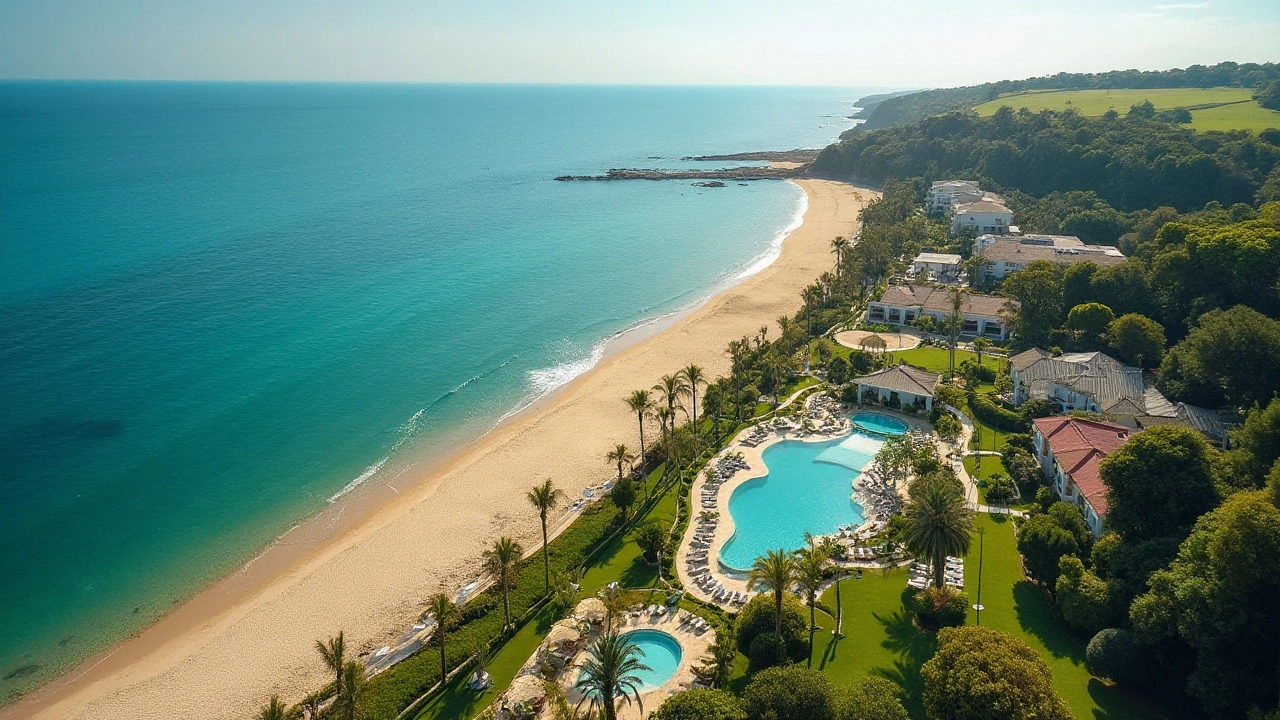Vacation Costs: Real Numbers and Simple Ways to Save
Planning a trip feels exciting until you start looking at the price tag. Flights, hotels, meals, rentals – they all add up fast. The good news? Most of those numbers are within your control. Below we break down the biggest expense buckets and share quick tricks to keep your holiday wallet happy.
What Most Travelers Spend On
Transport is usually the first big hit. A round‑trip flight from the UK to a European city can range from £80 to £300, depending on when you book. If you’re staying in the UK, train tickets can be pricey, but booking off‑peak or using railcards cuts a good chunk off the fare.
Accommodation varies wildly. A budget hotel or B&B might be £50‑£80 a night, while a boutique cottage can hit £150 or more. Look for deals on last‑minute sites, or consider self‑catering apartments – they often let you save on meals.
Food and drink are where many travelers overspend. Dining out for every meal can double your daily budget. A simple breakfast at a cafe costs £5‑£8, lunch £10‑£15, and dinner can easily go above £20 if you order drinks.
Extras like tickets to attractions, car rentals, and travel insurance add up quickly. A museum pass might be £20, while a day of car hire can be £35‑£50.
Smart Tricks to Trim Your Holiday Budget
Start with flexible dates. Shifting your trip by just a few days can drop flight costs by 20‑30%. Use price alerts on sites like Skyscanner to catch the dip.
Choose alternative accommodations. Holiday homes, serviced apartments, or even glamping sites often give you kitchen access, letting you cook breakfast and pack lunches.
Eat like a local. Hit the supermarket for fresh produce and assemble simple meals – think a baguette, cheese, and fruit. It’s cheaper than restaurant brunches and still feels local.
Take advantage of free activities. Many UK towns have free walking tours, parks, and museums with no entry fee. A quick Google search before you travel will reveal hidden gems that cost nothing.
Consider a travel rewards card. If you pay for flights and hotels with a card that offers points or miles, you can earn free nights or discounts on future trips.
Finally, set a daily spending limit. Write down how much you plan to spend on food, transport, and fun each day. When you hit the limit, pause and reassess – it’s a small habit that prevents surprise overspending.
By focusing on these main expense areas and using a few smart hacks, you can enjoy a great vacation without breaking the bank. Remember, the goal isn’t to cut every pleasure, but to spend wisely so you can extend your trip or save for the next adventure.
